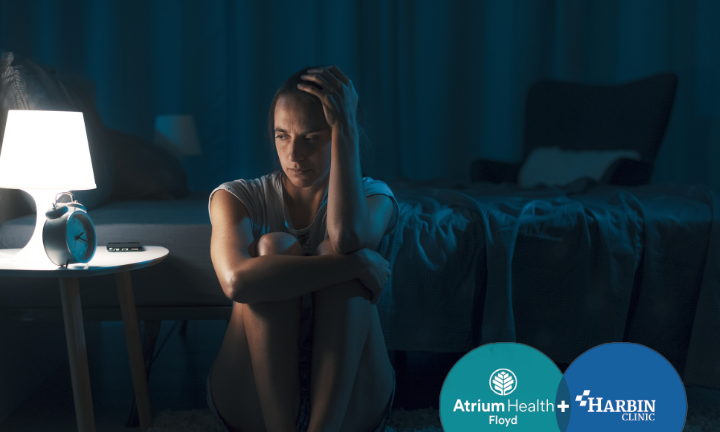Summertime Health Hazards

Summertime calls for pool days, camping, barbecues and spending time outdoors with family and friends. It is great way to enjoy the season, but it is important to remember how to keep you and your family safe. Here are a few important things to look out for when making the most of this summer.
Insects and Snakes
When spending time outside, there are many insects and critters. Protect against bites or stings with these tips.
- Use an Environmental Protection Agency-approved bug spray containing DEET.
- Avoid clothes with floral patterns or bright colors.
- Wear closed-toed shoes when outdoors or in wooded areas, especially at night.
- Be mindful of where you step. Try to avoid tall grasses or stepping in small crevices.
If you are bitten or stung, here is what you should do:
A typical bug bite results in red, itchy, or painful bumps that may have some minor swelling. If severe pain continues after a bite or sting, you experience an allergic reaction such as hives, flushing or dizziness, or the area becomes infected, you should seek medical help from Harbin Clinic Immediate Care or the nearest emergency medical center.
If you are stung, remove any visible stinger with your fingernail or a stiff credit card, do not use tweezers. Wash the sting with soap and water, and use ice to reduce any swelling that may occur.
If you receive a non-venomous snake bite, wash the bite with soap and water and cover with a clean dressing.
For a venomous snake bite, seek medical attention immediately and apply first aid in the meantime.
Heat and Sunshine
While it feels great to bask in the summer sun, remember these tips so you don’t over do it!
- Wear at least SPF 30 sunscreen whenever you are outside and reapply every 90 minutes to prevent any sunburn or damage to your skin.
- Wear hats and sun shirts as secondary precaution to prevent overheating and sunburn.
- Drink plenty of water or electrolyte drinks to replenish your body when you sweat.

Heat-related illnesses can be extremely dangerous. Learn more about heat-related illness in our recent post, Beat the Heat!
Looking for more health tips? Check out our blog here!
Updated June 2025


